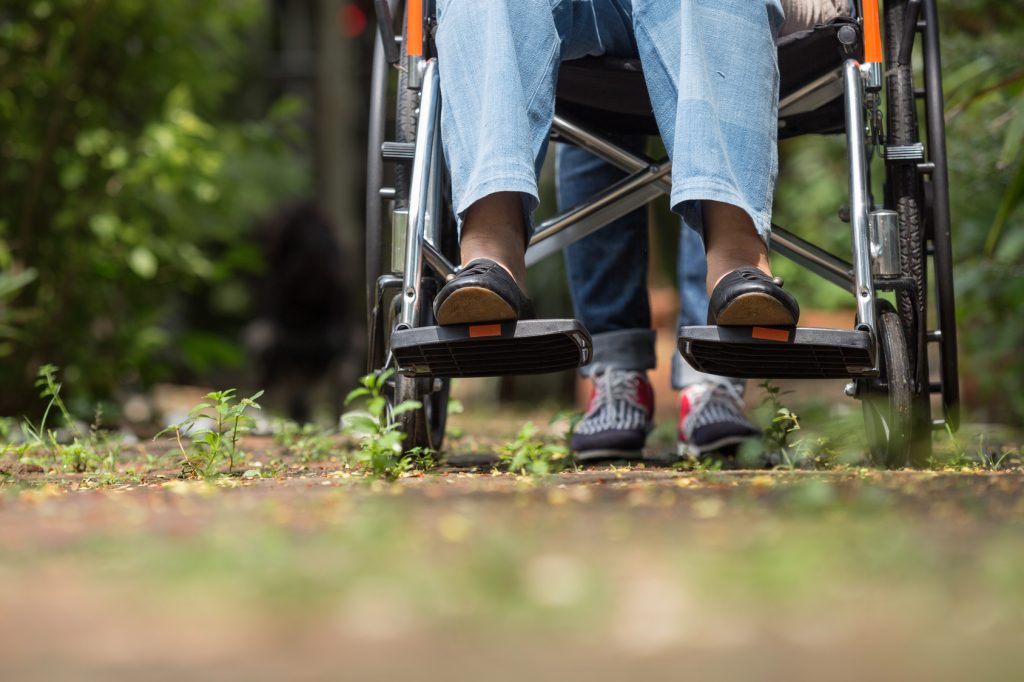This Month, Everything Changed for PAs
After days of debate and years of dreaming, collaboration and study, an entire profession has embraced their future.
What Data-driven Healthcare Orgs Have in Common
It’s up to the analytics team to break the C-suite out of its old ways and get them engaged in the data.
Rural Americans, Hospitals Disproportionately Hurt by ACHA
Medicaid expansion was associated with a 4-percentage point increase in operating margins for rural hospitals.
Physician-owned Hospitals Have Positive Impact on Communities
As Congress grapples with the issues of the most expensive health care system in the world, we work to find solutions to reduce health care costs while improving value.
Physicians’ Age Linked to Patients’ Mortality Risk
Hospitalized patients have a slightly higher risk of dying when treated by older hospitalists.
PAs Vote to Advance Profession to Meet Modern Healthcare Needs
PAs pass policy to enhance their ability to meet patient needs and ensure future of the profession.
Kim’s Blog: What Patients Want: Recognize My Individuality Despite My Chronic Illness(es) and Value Me as a Patient
We need to look at people individually. Get to know the person behind the office or hospital visit. Ask the questions to help provide the best care.
Taxing Drug Price Spikes: Assessing the Potential Impact
How a proposed tax penalty on drugs with price increases exceeding the inflation could impact patients, public insurance programs, and innovation.
As Trump Pressures FDA for Faster Drug Approvals, Major Safety Issues with Past Approvals Surface
Researchers found nearly a third of approvals from 2001 through 2010 had major safety issues years after they were widely available to patients.
Pain: Defining Something That is Sometimes Indefinable
How do you define pain? Do we need a new definition?






